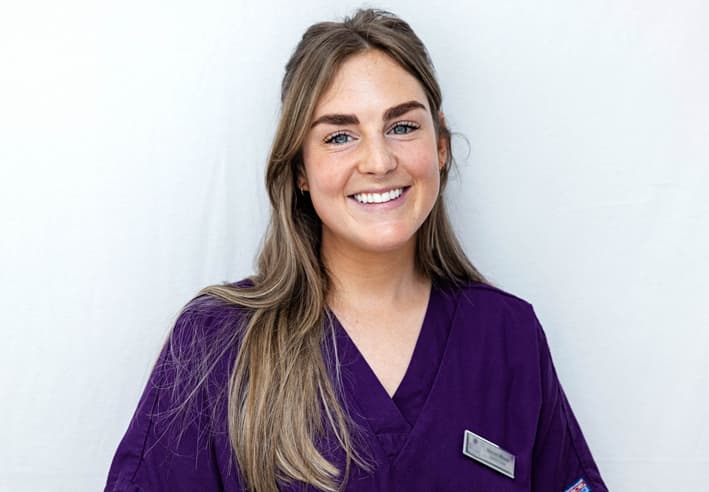A Sectoral Partnership (SP) for dental nursing has been taking forward important work to the future of initial dental nurse training across Northern Ireland.
Comprising practitioner and employer representatives from BDA committees, Further Education colleges, the Council for the Curriculum, Examinations and Assessment (CCEA), the Department for Economy, the Northern Ireland Medical and Dental Training Agency,) and Health and Social Care Sectoral Partnerships NI, the group has been formally reviewing a new National Examining Board for Dental Nurses (NEBDN) qualification. It will shortly be considering a new City & Guilds qualification at pace, ahead of expected introduction in time for the September intake.
A key function of the SP is to ensure these new qualifications meet the needs of employers. A second important outcome we are anticipating is recognition of the NEBDN qualification under the NI Apprenticeship scheme for the first time.
Until now, only the City & Guilds qualification has been CCEA accredited and included on the Apprenticeships framework, with the result that practices with nurses undertaking the NEBDN qualification do not benefit from fees being paid for under the Apprenticeship scheme.
This looks set to change.
While it is important to stress that the process is not yet complete, we expect the Department for the Economy will move to adding the NEBDN qualification to the Apprenticeships framework. All fees related to the delivery of any qualification on an apprenticeship framework will be covered by the Apprenticeships NI funding model.
Finally, we have also been pointing to the ad hoc provision of initial dental nurse training across the six Further Education colleges. We hope this work will provide for a more energised and co-ordinated approach towards nurse training provision for the benefit of practices here. It is why we have requested a list of all initial dental nurse training courses which will open for intake in September across all Further Education colleges, which we can share with members when received.
For years, our NI committees have expended significant energy into highlighting these issues. At long last, it appears that we may be turning a corner.
This would not have been possible without considerable input to this work by a small number of practitioners on behalf of the wider profession.
Further education college delivery plan for dental nursing in September 2025
Below are dates and information for training starting later this year. The list is subject to the possibility of more campuses being added pending applicant numbers.
Belfast Met: Not applicable at present.
Northern Regional College: Currently City & Guilds, but plan to change to NEBDN to be held at Newtownabbey and Magherafelt campuses
North West Regional College: NEBDN at Strabane and Limavady campuses.
South Eastern Regional College: Not applicable at present.
Southern Regional College: NEBDN at Newry campus.
South West College: City & Guilds at Omagh campus.
In addition to the further education colleges, Clear Dental offer an NEBDN course in Belfast with cohorts in April and November every year.

